diabetes support
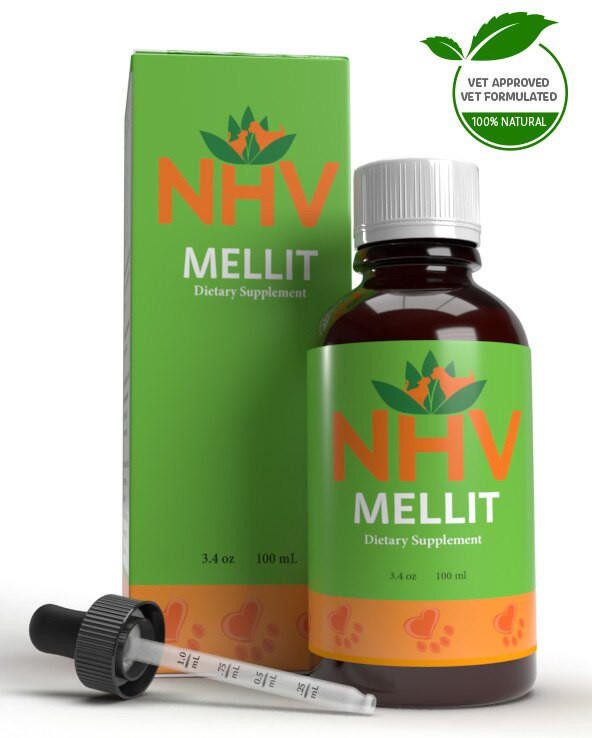
free shipping over $100 (USA & Canada)
1-877-937-4372 the pet expert hotline

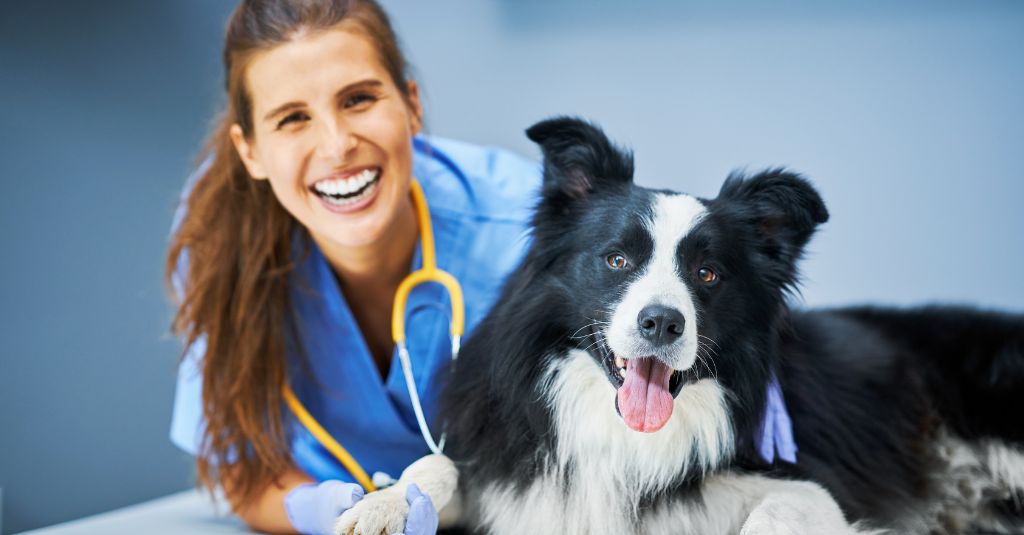
Hormonal imbalances in pets occur when there is a disruption in the complex network of glands that produce hormones essential for regulating various bodily functions.
The endocrine system plays a crucial role in maintaining metabolism, growth, and homeostasis through the production and regulation of key hormones. When this delicate balance is disrupted, it can lead to significant health issues that affect our pets’ quality of life.

Key warning signs to watch for include:
The foundation of diagnosing hormonal disorders begins with a thorough clinical
evaluation, which involves:

Treating a pet’s hormonal imbalance will require veterinary care. There are several treatments they may choose.
Alongside vet care, holistic support may help hormonally imbalanced pets in various ways.
NHV Supraglan helps support adrenal function and maintain hormone balance naturally. In addition, it may help balance the immune system and support the body against infection.
NHV Mellit is our support supplement for Diabetes. It helps to manage blood sugar levels and contributes to improved vitality. It has herbal ingredients like Goat’s Rue, which helps to control blood sugar levels, and Astragalus, which is an anti-inflammatory that strengthens the immune system.
NHV Thyro-UP is an herbal mix that maintains healthy thyroid function, supports balanced hormone levels, helps elevate energy levels, promotes healthy skin and coat, and supports weight management and metabolism.

Hormonal imbalances in pets require a comprehensive approach to diagnosis, treatment, and ongoing management. Early detection through regular veterinary checkups is crucial for successful treatment outcomes. While conventional treatments form the backbone of hormone disorder management, holistic approaches can provide valuable supplementary support. Pet owners should work closely with their veterinarians to develop an individualized treatment plan that may incorporate both traditional and alternative therapies for optimal results.
Remember that each pet is unique
Remember that each pet is unique, and treatment success depends on consistent monitoring, appropriate adjustments to treatment plans, and a strong partnership between pet owners and their veterinary care team. Regular screening and preventive care remain the cornerstone of managing hormonal conditions effectively in our beloved pets.
diabetes support

Supports healing of pancreatitis and diabetes mellitus in cats
buy 2 and save $3
3 month supply for a small to medium size pet
A holistic supplement formulated with 9 powerful herbs.

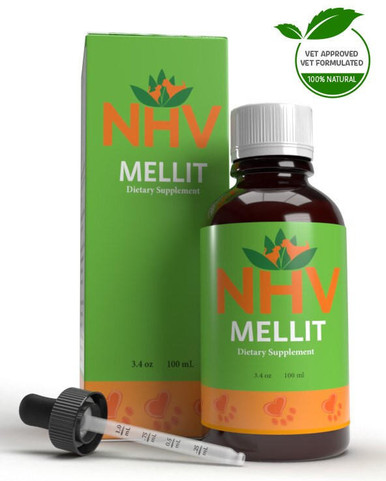
A holistic supplement formulated with 9 powerful herbs.

Diabetes in cats is a common pancreatic disorder that occurs when sugar builds up in the bloodstream instead of entering the tissue to provide energy. If left untreated, your cat can be prone to infections, a slower healing process, and even blindness. Diabetes can also lead to heart, liver or kidney disease.
Some cat breeds are more prone to diabetes, such as the Russian Blue. You can find out if your cat breed is more prone to contract diabetes at NHV breeds and conditions online.
If you have questions about any of our holistic supplements, you can ask an expert at NHV because we want to help your kitty live a longer healthier life naturally.
Read a real pet story of how NHV’s proprietary blend of holistic support helped a cat with diabetes mellitus.
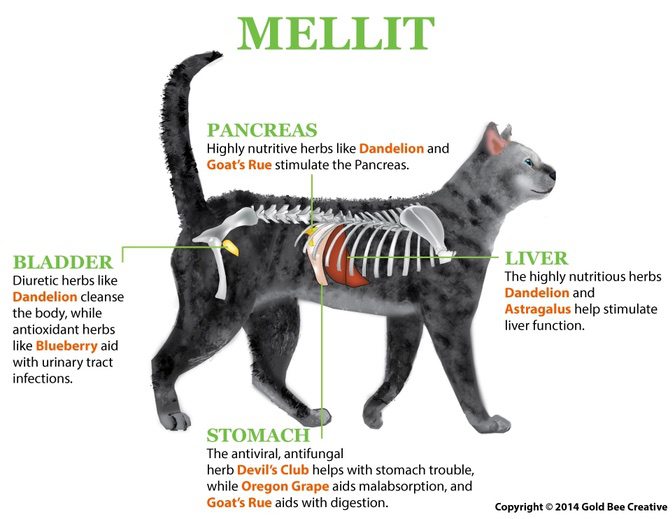
NHV’s Mellit for Cats is an herbal formula explicitly made to support pancreatitis and diabetes mellitus in cats. This potent blend contains nine powerful ingredients designed to help control blood sugar levels and provide cat circulatory support, as well as strengthen and protect other organs that may be affected due to the imbalances triggered in the body.
Select your pet's weight to determine the correct dose.
To be taken twice daily. Determine your pet’s weight and then use the easy chart below to determine the correct dose. This is the minimum dosage.
Pet's Weight Dosage
0 - 15 lb = 0.5 ml
16 - 30 lb = 1.0 ml
31 - 45 lb = 1.5 ml
46 - 60 lb = 2.0 ml
61 - 75 lb = 2.5 ml
Over 75 lb = 3.0 ml
How to Administer
Shake well before use. The easiest method is to use the dropper provide and places the drops into your pet’s food or favorite treat. You can also use the dropper and squirt directly into the pet’s mouth.
Some pets can be finicky, if this occurs consider hiding the drops in foods most pet’s love such as fish, chicken or yogurt or a favourite treat. If your pet only eats dry food then soak a few kibbles at feeding time.
For Best Results
Herbal dietary supplements are beneficial to the health and wellbeing of your pet and are safe for long-term use. Every pet responds to natural herbal supplements differently, therefore it is important to be consistent and administer the product daily. Supplements generally take two to four weeks to take effect, however this will vary from one animal to the next.
Product Storage
All NHV Natural Pet Products are pure herbal extracts and contain no artificial additives, preservatives or coloring. Shelf life after opening is 6 months and must be refrigerated after opening.
Cautions and Contraindications
Do not use Mellit in pregnant or nursing animals. Speak to your vet before using our products. A second visit is recommended if your pet’s condition does not improve, or deteriorates after continued use of the supplements.
All information provided by NHV Natural Pet Products is for educational purposes only.
Diabetes in cats is a common pancreatic disorder that occurs when sugar builds up in the bloodstream instead of entering the tissue to provide energy. If left untreated, your cat can be prone to infections, a slower healing process, and even blindness. Diabetes can also lead to heart, liver or kidney disease.
Some cat breeds are more prone to diabetes, such as the Russian Blue. You can find out if your cat breed is more prone to contract diabetes at NHV breeds and conditions online.
If you have questions about any of our holistic supplements, you can ask an expert at NHV because we want to help your kitty live a longer healthier life naturally.
Read a real pet story of how NHV’s proprietary blend of holistic support helped a cat with diabetes mellitus.

NHV’s Mellit for Cats is an herbal formula explicitly made to support pancreatitis and diabetes mellitus in cats. This potent blend contains nine powerful ingredients designed to help control blood sugar levels and provide cat circulatory support, as well as strengthen and protect other organs that may be affected due to the imbalances triggered in the body.
Select your pet's weight to determine the correct dose.
To be taken twice daily. Determine your pet’s weight and then use the easy chart below to determine the correct dose. This is the minimum dosage.
Pet's Weight Dosage
0 - 15 lb = 0.5 ml
16 - 30 lb = 1.0 ml
31 - 45 lb = 1.5 ml
46 - 60 lb = 2.0 ml
61 - 75 lb = 2.5 ml
Over 75 lb = 3.0 ml
How to Administer
Shake well before use. The easiest method is to use the dropper provide and places the drops into your pet’s food or favorite treat. You can also use the dropper and squirt directly into the pet’s mouth.
Some pets can be finicky, if this occurs consider hiding the drops in foods most pet’s love such as fish, chicken or yogurt or a favourite treat. If your pet only eats dry food then soak a few kibbles at feeding time.
For Best Results
Herbal dietary supplements are beneficial to the health and wellbeing of your pet and are safe for long-term use. Every pet responds to natural herbal supplements differently, therefore it is important to be consistent and administer the product daily. Supplements generally take two to four weeks to take effect, however this will vary from one animal to the next.
Product Storage
All NHV Natural Pet Products are pure herbal extracts and contain no artificial additives, preservatives or coloring. Shelf life after opening is 6 months and must be refrigerated after opening.
Cautions and Contraindications
Do not use Mellit in pregnant or nursing animals. Speak to your vet before using our products. A second visit is recommended if your pet’s condition does not improve, or deteriorates after continued use of the supplements.
All information provided by NHV Natural Pet Products is for educational purposes only.

Thyro UP- natural support to help pets dealing with hypothyroidism

Thyro UP- natural support to help pets dealing with hypothyroidism
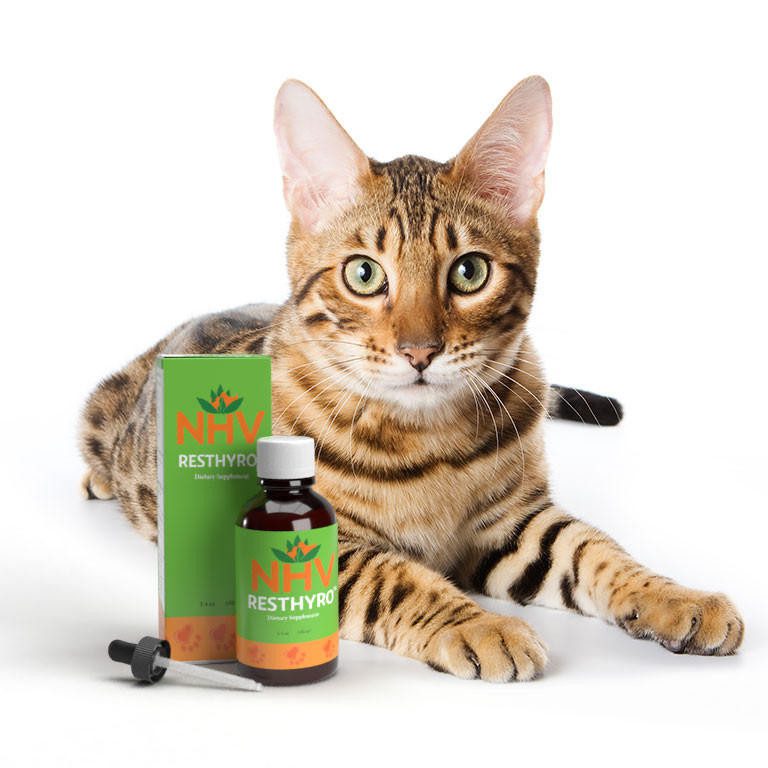
Resthyro -helps balance thyroid function in pet hat have a hyperactive thyroid

Resthyro -helps balance thyroid function in pet hat have a hyperactive thyroid
Published: April 23, 2025